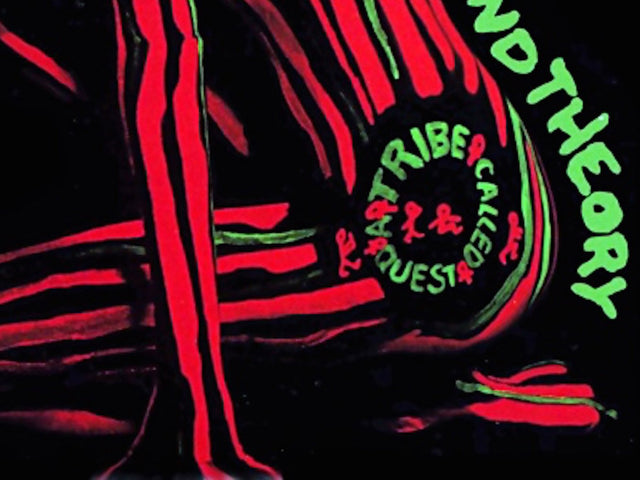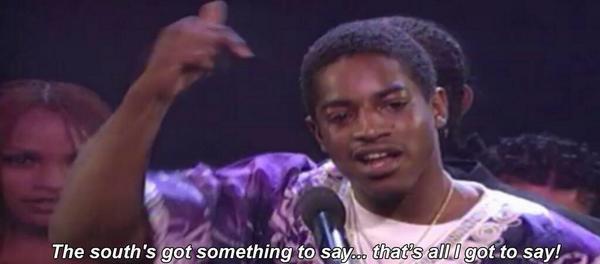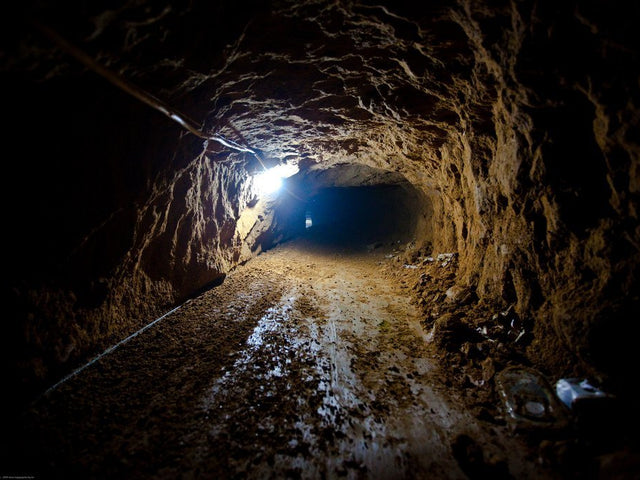Pertama di Bulan adalah kolom rap bulanan kami.
Freddie Gibbs: You Only Live 2wice
It’s easy to tie Freddie Gibbs to any number of headline-grabbing subplots: the decay of his native Gary, Indiana; the decay of his Interscope deal in the late 2000s record industry bust; his relationship with Madlib; the charges that last year kept him locked in a series of prison cells across Europe, away from his newborn daughter. But the bedrock of his appeal is that he’s one of the best rappers of his generation, both as a fearlessly honest writer and with his dizzying technical skill. You Only Live 2wice, a brief dispatch ahead of his second Madlib collaboration, Bandana, is a fierce reintroduction. The beat change halfway through opener “20 Karat Jesus” turns it into a victory lap; Gibbs never looks back, rattling off eight songs of bone-chilling gangsta rap, highlighted by the stark “Andrea.”

Don Trip & Starlito: Step Brothers Three
To say that Don Trip and Starlito are excellent rappers would be gross understatement; to say that the third installment of their Step Brothers series is one of 2017’s most brilliant records is completely reasonable. The Tennesseans spent their previous two full-lengths (a mixtape in 2011 and a retail effort two years later) one-upping each other not only with verbal pyrotechnics, but also with grave personal revelations and grim, naturalistic storytelling. Three is filled with plenty acrobatic punchline work, but spends most of its time and energy on the graver parts of Trip and Lito’s lives.

GoldLink: At What Cost
At What Cost is the GoldLink we were promised from the beginning: someone who seamlessly synthesized the DMV’s wide swath of musical influences into something boldly original. The list of famous co-signs is well-worn by this point, but the truth is that these songs are so buoyant (“Have You Seen That Girl?”) and kinetic (“Kokamoe Freestyle”) that the name on the white label would hardly matter. Corollary: has the great Shy Glizzy name change experiment officially failed?

Roc Marciano: Rosebudd’s Revenge
Roc Marciano has spent the 2010s making some of the world’s slickest, meanest, most inimitable rap music. Rosebudd’s Revenge is his third major LP of the decade (though its rollout and sound quality hint at a more truncated process than with Marcberg or Reloaded). Songs like “Burkina Faso” are Marci’s worldview in microcosm: hard-bottomed shoes, cleanly executed stick-ups, “Might cop the Lotus but I’ve outgrown it.” What makes Marci’s writing so magnetic is that whatever he’s trafficking in for the given line (menace or luxury, usually), it’s in service of rounding out his assumed persona. Rosebudd’s Revenge is not his definitive work, but it’s a concise, razor-sharp dose for the already initiated.

Drake: More Life
More Life is almost certainly the album Drake hoped to make last year, before he buckled to the perceived pressure and loaded Views with a strain of tired, solipsistic rap that sounds totally divorced from his hit singles. That’s not to say the new set is brimming with “One Dance”s and “Controlla”s—its best songs spin in a variety of directions, from the metallic “Free Smoke” to the heartfelt “Do Not Disturb” to the triumphant “Sacrifices,” which comes complete with show-stealing verses by 2 Chainz and Young Thug. More Life’s early, dance-focused suite will likely rule radio all summer, an earned victory for someone who could stay at the top through inertia alone.
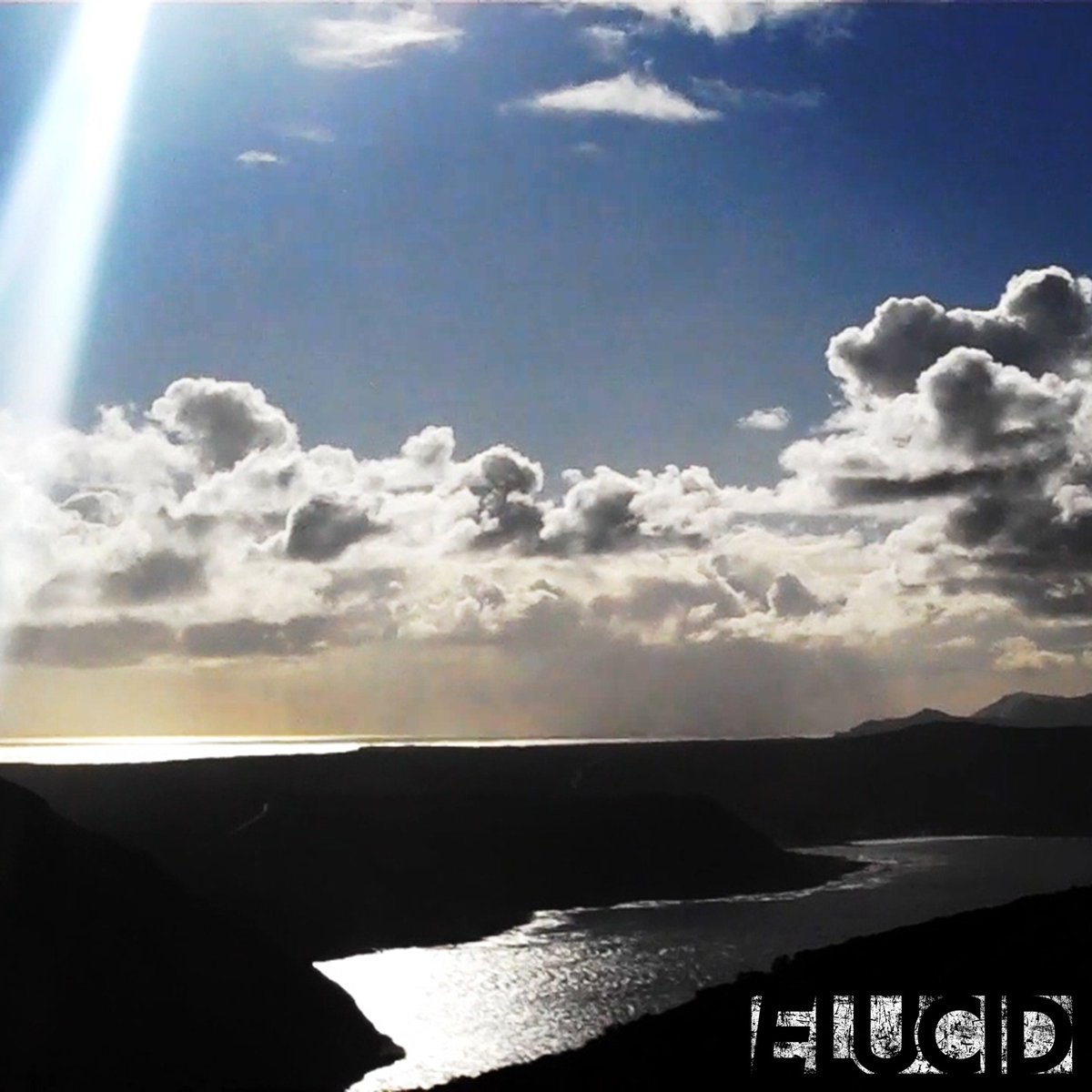
Elucid: Valley of Grace
Elucid’s work with billy woods as Armand Hammer has been layered, serrated, and all together some of the best experimental rap music in recent memory. His solo work, including last year’s phenomenal LP Save Yourself, dives even further down those creative tunnels, and Valley of Grace, a new record written and recorded during an extended stay in South Africa, is his most confounding yet. It gives equal weight to immediate concerns of the flesh and to the more metaphysical realities of being a black American; it imagines generations of trauma as a filth that covers office windows, door handles, government license plates.
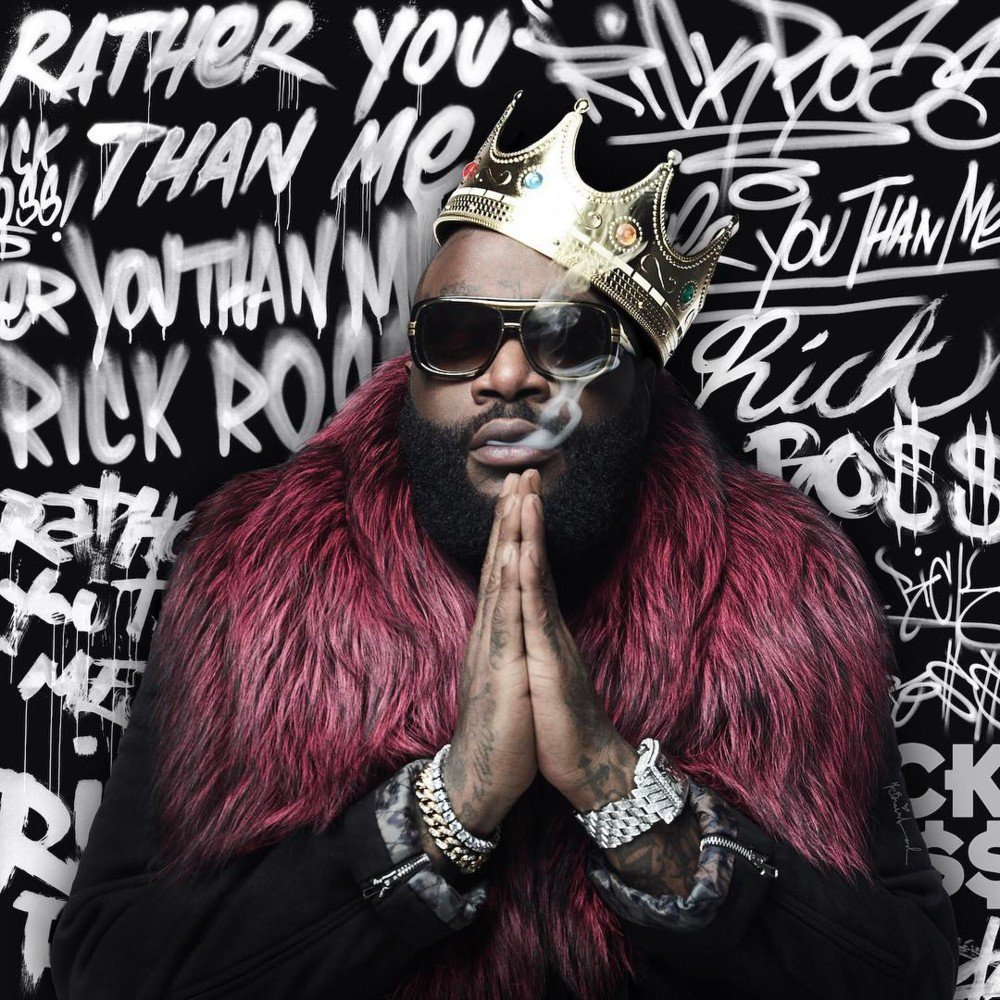
Rick Ross: Rather You Than Me
First of all, it is absolutely insane that it took this long for Rick Ross to make a song called “Lamborghini Doors.” It’s fascinating to listen to Ross’s brand of probably-adhering-to-tax-law-and-also-on-a-yacht rap as a lowered-stakes legacy act; it borders on shocking that it works this well. As you’ve surely heard by now, Ross takes aim at Birdman over Cash Money’s notorious business practices, with Chris Rock in tow and the “Where Have You Been” beat on loop. If Ross—the man who famously shrugged off the revelation that he was a corrections officer rather than a cocaine kingpin—becomes a sort of industry truth teller, well, stranger things have happened. Rather You Than Me is filled with the sort of guest-heavy, quietly excellent songs that round out most Ross albums: see “Dead Presidents,” which features Yo Gotti, Future, and longtime rival Jeezy, or the Young Thug- and Wale- (yes, Wale-) assisted “Trap Trap Trap.”

G Herbo: Welcome to Fazoland 1.5
Chicago rappers are frequently treated as sociological case studies, genre signifiers, or both, but seldom as living, breathing human beings. Back in 2014, Lil Herb (as he was then known) made one of the most unshakably human records to ever hit an RSS feed. Welcome to Fazoland was a blistering display of aesthetic know-how that also overflowed with twice as much pain and suffering as any teenager should have experiences. Herbo’s latest EP revisits Fazoland, rolling out a half-dozen songs that sound as if they could have been culled from the same sessions. Fazoland 1.5 continues a breathless run of tapes (see especially Ballin’ Like I’m Kobe and December’s Strictly 4 My Fans) that position Herbo as one of rap’s brightest young talents. His development continues to be an absolute joy to witness.
Paul Thompson is a Canadian writer and critic who lives in Los Angeles. His work has appeared in GQ, Rolling Stone, New York Magazine and Playboy, among other outlets.
Bergabung dengan Klub!
Bergabunglah Sekarang, Mulai dari $44
Diskon eksklusif 15% untuk guru, mahasiswa, anggota militer, profesional kesehatan & petugas tanggap darurat - Dapatkan Verifikasi Sekarang!
